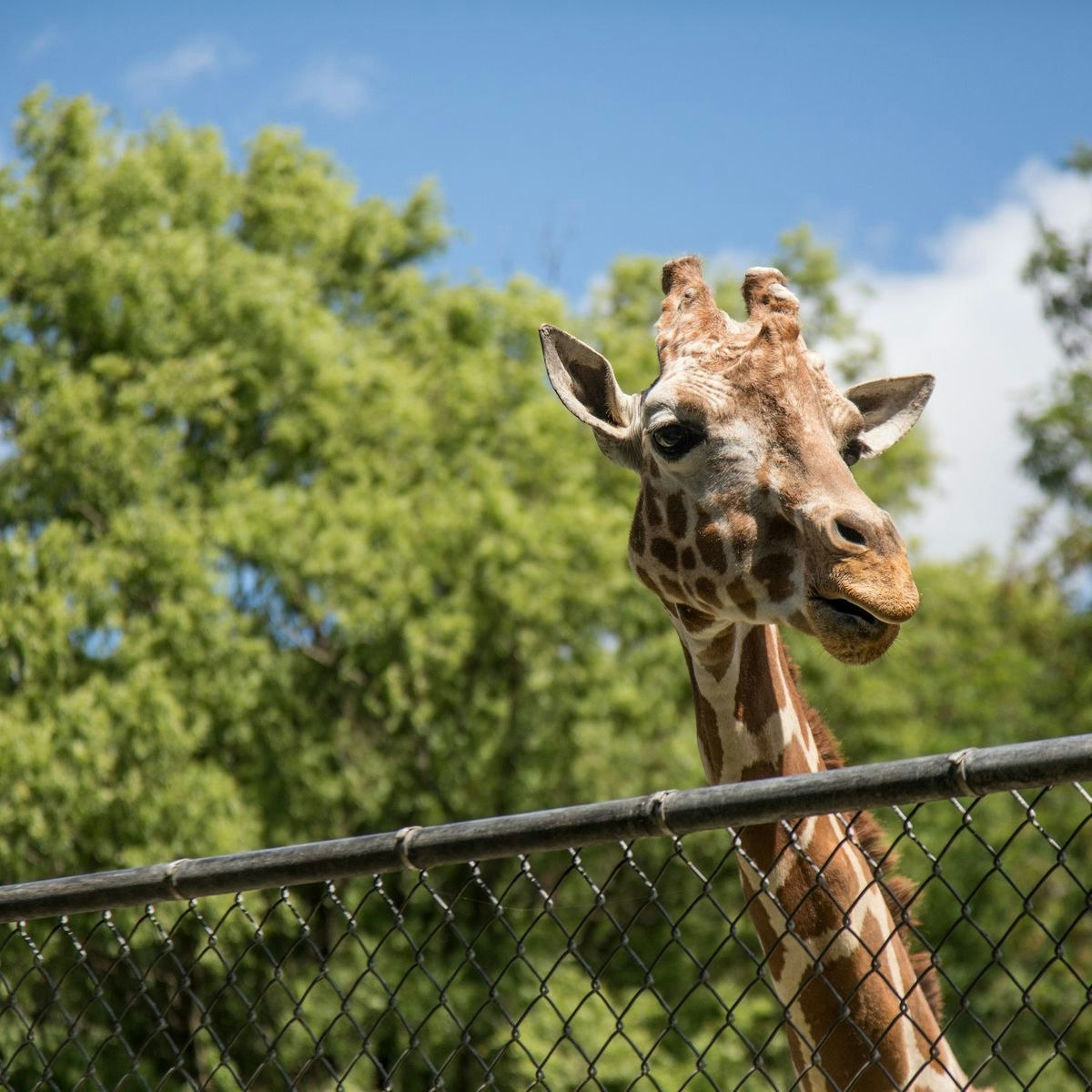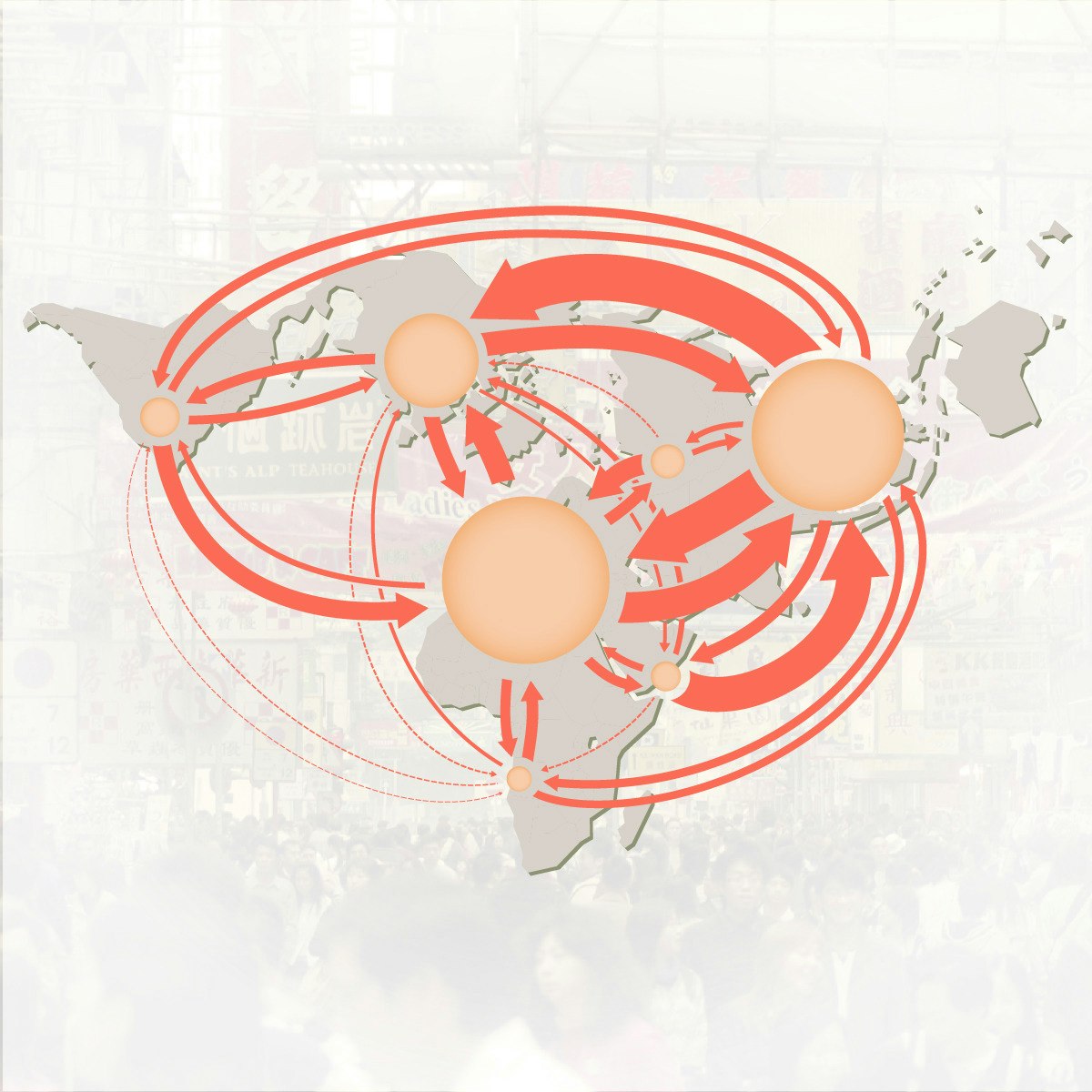Back to Courses









Social Sciences Courses - Page 17
Showing results 161-170 of 672

Animals and Institutions
This course explores animals within the context of the functional relationships that sociologists call “institutions.” We first examine the use of animals in laboratory science. We then examine the controversial transformation of animals into “livestock” and "meat." We also explore the perspectives of people committed to rejecting the construction and use of animals as food. Next, we focus on some of the roles of animals in human entertainment with particular attention to dog fighting and zoos. Finally, we investigate animal health and welfare through the lens of dilemmas in veterinary medicine and decisions in animal shelters.

Understanding child development: from synapse to society
In this course, we dive into the topic of child development. You will learn that child development is complex and is influenced by a surprisingly rich number of factors at many different levels of organization. You will see that development can be studied in various domains and at various levels of understanding, from different angles and disciplines. Importantly, you will come to understand that processes within and between the various domains and levels of organization continuously interact to shape development. This implies that understanding development requires taking an interdisciplinary approach.
In order to help you organize your thinking about this complexity you will learn more about the developmental systems approach and theories related to that. We will look, amongst other things, at the brain and motor development, cognitive, language and social-emotional development and all the factors that have an influence on development.
To illustrate how an interdisciplinary approach helps to understand child development you will see how researchers from various disciplines and backgrounds study child development at Utrecht University. These scientists will give a look in their field of knowledge and their collaboration with colleagues, to illustrate how the theory you will learn translates to practice.
In sum, we invite you to follow us on a journey to understand child development from synapse to society!

Cross-border road transport in EU law context
Have you ever wondered which legal rules are applicable to cross-border EU road transport? Are you interested in the issues revolving around EU employment law in the international road transport sector? Then, on behalf of the University of Antwerp, Erasmus University Rotterdam, University of Gdańsk, University of Luxembourg and Tilburg University, we would like to welcome you to this MOOC on Cross-border Road Transport in EU law context. This MOOC is a part of the Erasmus + Project funded by the European Commission. In this MOOC, you will not only learn what the current legal framework is, but also, how it is applied in the road transport sector.
After participating in this MOOC, you will be able to:
1. Describe the basics of the process of European integration, in the light of the affirmation of the four fundamental freedoms
of the EU, European framework on private international law, the posting of workers, social security coordination and social dialogue.
2. Understand the interplay between Treaty provisions and secondary sources in the relevant fields.
3. Understand the frictions between the rationales underneath the legal provisions that govern EU social policy and labour law.
4. Analyse the most relevant case law of the European Court of Justice with an impact on the rights of international road transport workers.
5. Familiarise with official documents of the EU institutions and with academic and other relevant literature in this field.
6. Use, where relevant, the implementation of EU rules by Member States.
7. Solve cases dealing with the implementation of the applicable legal provisions.
We are offering you knowledge clips, memoranda that contain in-depth legal information on the different key topics, recommended readings and case law. Next to that after each module, you could test your acquired knowledge by taking a multiple choice test. In the end of this course, you will be able to apply everything you have learned in a practical manner by solving our sample guide case that resembles a real life scenario which challenges you to deal with everyday's problems faced in the cross-border road transport by practitioners in the field.
By participating in this MOOC, you will find answers to the following questions:
1. Which of the four fundamental freedoms is applicable?
2. Which court has jurisdiction over a labour dispute and which law governs the cross-border employment relation?
3. How to apply and enforce the rules stemming from the Posting of Workers Directive?
4. Which social security system is applicable and which social security institution is competent to levy the social security contributions?
5. What is the role of social partners in the cross-border road transport?
In the end it all makes SENSE! So let's go down this road together. Buckle up!

Introduction to Financial Engineering and Risk Management
Introduction to Financial Engineering and Risk Management course belongs to the Financial Engineering and Risk Management Specialization and it provides a fundamental introduction to fixed income securities, derivatives and the respective pricing models. The first module gives an overview of the prerequisite concepts and rules in probability and optimization. This will prepare learners with the mathematical fundamentals for the course. The second module includes concepts around fixed income securities and their derivative instruments. We will introduce present value (PV) computation on fixed income securities in an arbitrage free setting, followed by a brief discussion on term structure of interest rates. In the third module, learners will engage with swaps and options, and price them using the 1-period Binomial Model. The final module focuses on option pricing in a multi-period setting, using the Binomial and the Black-Scholes Models. Subsequently, the multi-period Binomial Model will be illustrated using American Options, Futures, Forwards and assets with dividends.

Intercultural Communication and Conflict Resolution
Intercultural Communication and Conflict Resolution is a growing area of importance considering the pace and volume of global transactions. The ease of global communication using technology, the abundance of cheaper transportation costs, and the frequency of businesses using cross-border talent is fostering millions of interactions a day between people of different cultures. Examine how the process of communication can be further complicated during interactions between people of different cultures. The topics of stereotypes, generalizations, communication styles, communication strategies, and communication orientations will be explored.
Upon completing this course, you will be able to:
1. Explain the dimensions of intercultural interactions that add to conflict
2. Analyze the dynamics of intercultural interactions
3. Plan strategies for success in intercultural interactions

Espace mondial, a French vision of Global studies
To explain how globalization rebuilt public policy and social behavior, we study the different political, economic, and social actors - public or private, individual or collective - and the exchanges and interactions between them that are remaking international relations. This course is inspired by a French sociological and historical approach to international relations.
This course is also available in french version: www.coursera.org/learn/espace-mondial-fr/
Course will be ending soon
Dear Learners
We are reaching out to let you know that Espace Mondial course will close for new learner enrollment on17th November 2022 . Since you have already enrolled, you will continue to see it on your Coursera Dashboard as long as you remain enrolled in the course.
If you are interested in earning a Course Certificate for this course, please upgrade or apply for Financial Aid by 15th November 2022, if you have not already done so. If you are a Coursera for Business learner, you can continue to use your sponsored credit. In order to earn a Course Certificate, you will need to complete all graded assignments, including peer reviews, by February 17th, 2023 . After that point, no new assignment submissions will be accepted for Certificate credit.
While we hope that you will be able to complete the course, you can find more information about requesting a refund (https://www.coursera.support/s/article/209819043-Request-a-refund) or unenrolling from a course (https://www.coursera.support/s/article/208279756-Unenroll-from-a-course) in our Learner Help Center.
Happy Learning

The Economics of Agro-Food Value Chains
Have a look at our trailer for a brief introduction to this course: https://youtu.be/GADAgxTHjgE
In this course, you learn how the agro-food value chain approaches the challenge of constantly improving its competitiveness by producing high quality food and products and also aiming to attain greater sustainability. Some of the topics of this course are:
• The notion of quality for food and agricultural products and consumer value.
• How to conduct market research in this field.
• Labelling, branding and pricing strategies, as-well as innovation in the agro-food sector.
• How sustainability can be used as a competitive advantage through corporate social responsibility.
• The role and different types of industrial standards.
• The different forms of coordination in the chain, in particular with regard to the retailing and distribution sector.
This course is taught by a group of international experts from Universities in Italy, Germany, Ireland, Scotland and the Netherlands. Each of them will give you insights into a specific topic related to food quality and the organization of the agro-food value chains.

Heritage under Threat
In this course you will learn to articulate your own concepts about (threatened) heritage and that of others. What is your heritage? Who defines heritage? Why is heritage under threat? How can we protect heritage?
WW1, WW2, Cold war politics and contemporary conflicts as well as continuing political and socio-economic inequalities and colonial pasts are all factors playing a role in the global heritage discussions and approaches to (or lack of ) valorization and protection of heritage. Hence, issues behind destruction or threats to heritage are related to complex issues, often connected to complex landscapes of wars, the war-on-terror, fundamentalism, migration, global warming, financial crises, inequality and diverse interests of local communities.
This course, sponsored by the LDE Centre for Global Heritage and Development and the Honours Academy of Leiden University, and the Netherlands Commission for UNESCO gave its support to one of the sections of the MOOC, will explore these issues. We wish to engage global communities and widen the perspective on threatened heritage. You can help us with this.

Writing and Editing: Structure and Organization
This second course in the Good with Words: Writing and Editing series will help you become an effective architect of information, both with your sentences and with your paragraphs. You’ll learn that the traditional advice to “Show, don’t tell” is incomplete and that skilled writers actually switch back and forth between showing and telling.
You’ll also learn more about the menu of time management techniques introduced in the first course of the series, including “deep work,” “studio time,” and “the Animal Farm Principle.” And as with the other three courses in this series, you will get access to a wide range of books and other resources you can use even after you finish the course. These include: (1) the readings and exercises provided to the students who have taken the in-person version of this course at the University of Michigan and the University of Chicago; (2) two digital libraries of excellent writing from a diverse collection of journalists, scientists, novelists, poets, historians, and entrepreneurs; and (3) a monthly “Good Sentences” email.

International Humanitarian Law in Theory and Practice
“International Humanitarian Law in Theory and Practice” is the first MOOC of the Kalshoven-Gieskes Forum on International Humanitarian Law, which is the platform within the Grotius Centre for International Legal Studies of Leiden University for the research, teaching and dissemination of international humanitarian law (IHL).
In this course, Prof. Robert Heinsch, Dr. Giulia Pinzauti and Dr. Emma Irving will give you a deep insight into the rules that govern armed conflict, and aim to mitigate human suffering on the battlefield. You will explore the why and how of IHL, followed by the different types of conflict. In no time you will find out which rules apply to the civil war in Syria, the military intervention in Ukraine and the occupation of the West Bank. During this course, you will learn how hostilities should be waged: Which weapons can be used by combatants and other fighters? And, who should never be a target during military operations? We will also look into the concept of protected persons, and you will find out how IHL affords protection to the sick and wounded, medical personal, detainees, children, journalists and other persons who are not - or not anymore - fighting. At the end of this course, you are introduced to the different implementation and enforcement mechanisms that aim to increase respect for IHL. Here, you are invited to think critically whether IHL works!
Throughout this course you will benefit from a mix of theory and practice, which is at the heart of the vision and mandate of the Kalshoven-Gieskes Forum. You can participate for instance in an ongoing case study where drones are flying over the fictitious country Arfula, and detainees are locked up in tiny cells. Or, you can join our discussions about IHL success stories and the major IHL challenges we face today, with distinguished speakers from the International Committee of the Red Cross and US Naval War College! This course is free to join and to participate in. There is the possibility to get a verified certificate for the course, which is a paid option. If you want a certificate, but are unable to pay for it, you can request financial aid via Coursera.
Popular Internships and Jobs by Categories
Browse
© 2024 BoostGrad | All rights reserved


